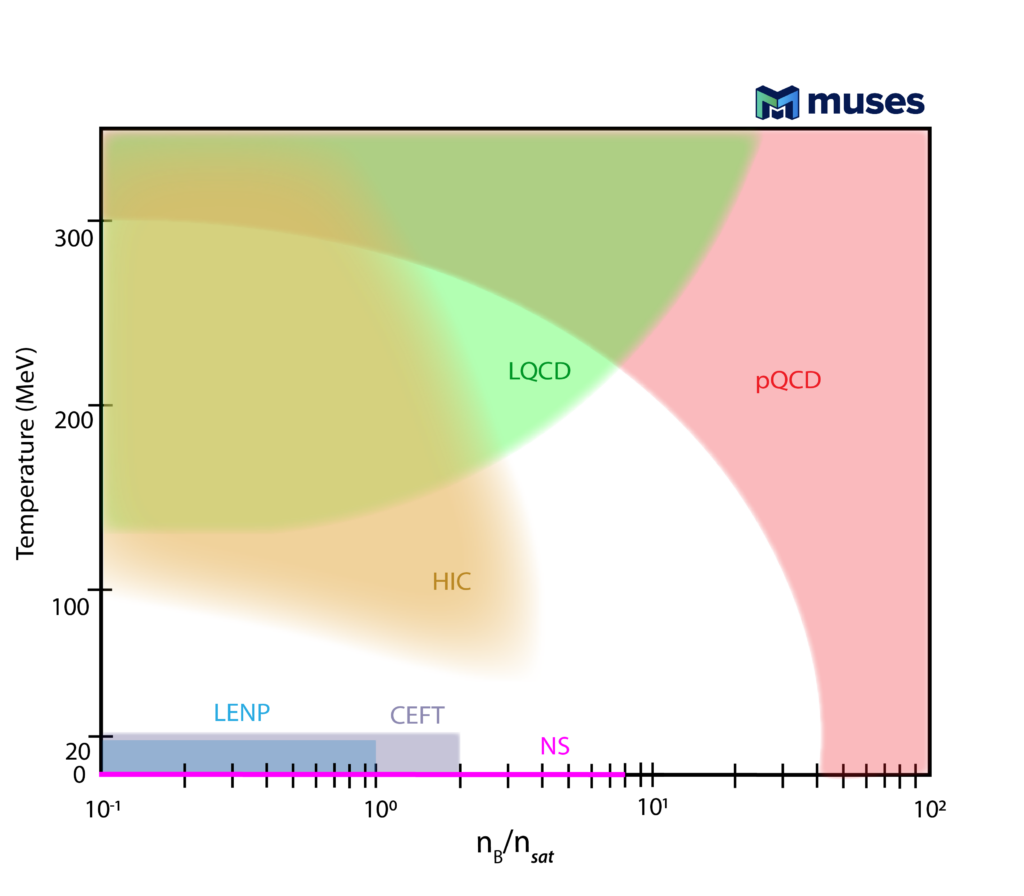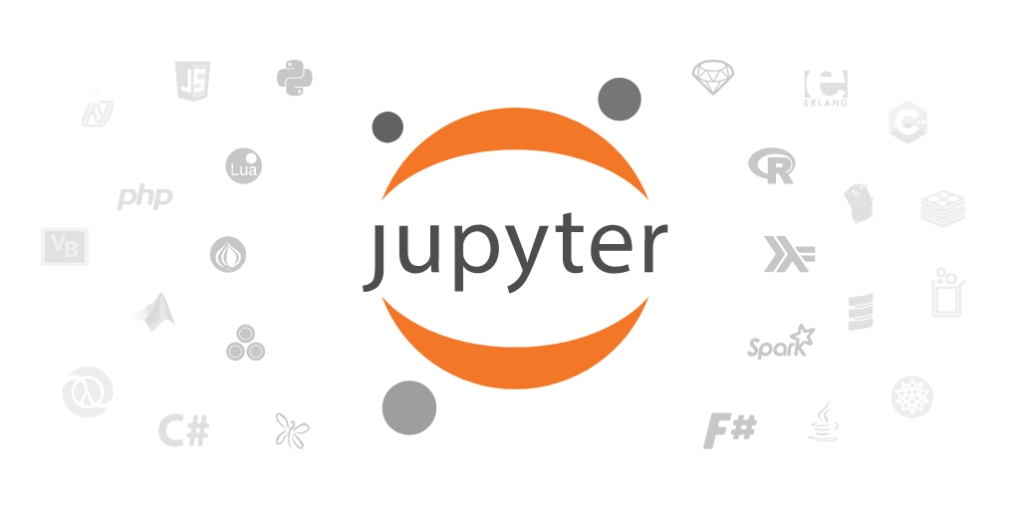Submitted to arXiv on Sep 4 2023
Title
Thermodynamics of an updated hadronic resonance list and influence on hadronic transport
Authors
Jordi Salinas San Martín, Renan Hirayama, Jan Hammelmann, Jamie M. Karthein, Paolo Parotto, Jacquelyn Noronha-Hostler, Claudia Ratti, Hannah Elfner
Abstract
Hadron lists based on experimental studies summarized by the Particle Data Group (PDG) are a crucial input for the equation of state and thermal models used in the study of strongly-interacting matter produced in heavy-ion collisions. Modeling of these strongly-interacting systems is carried out via hydrodynamical simulations, which are followed by hadronic transport codes that also require a hadronic list as input. To remain consistent throughout the different stages of modeling of a heavy-ion collision, the same hadron list with its corresponding decays must be used at each step. It has been shown that even the most uncertain states listed in the PDG from 2016 are required to reproduce partial pressures and susceptibilities from Lattice Quantum Chromodynamics with the hadronic list known as the PDG2016+. Here, we update the hadronic list for use in heavy-ion collision modeling by including the latest experimental information for all states listed in the Particle Data Booklet in 2021. We then compare our new list, called PDG2021+, to Lattice Quantum Chromodynamics results and find that it achieves even better agreement with the first principles calculations than the PDG2016+ list. Furthermore, we develop a novel scheme based on intermediate decay channels that allows for only binary decays, such that PDG2021+ will be compatible with the hadronic transport framework SMASH. Finally, we use these results to make comparisons to experimental data and discuss the impact on particle yields and spectra.
BibTeX
@article{SalinasSanMartin:2023idj,
author = "Salinas San Mart\'\i{}n, Jordi and Hirayama, Renan and Hammelmann, Jan and Karthein, Jamie M. and Parotto, Paolo and Noronha-Hostler, Jacquelyn and Ratti, Claudia and Elfner, Hannah",
title = "{Thermodynamics of an updated hadronic resonance list and influence on hadronic transport}",
eprint = "2309.01737",
archivePrefix = "arXiv",
primaryClass = "nucl-th",
month = "9",
year = "2023"
}







